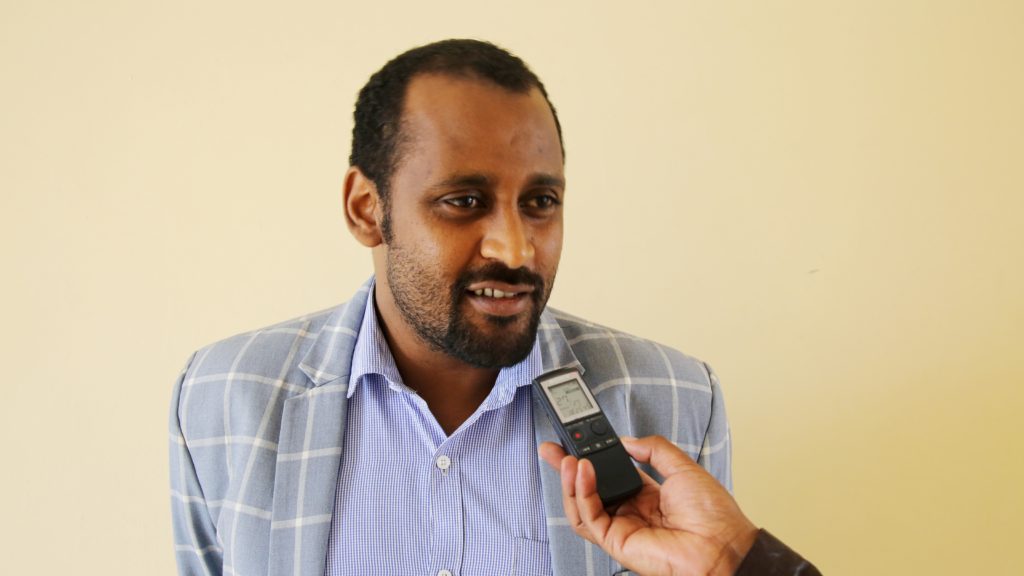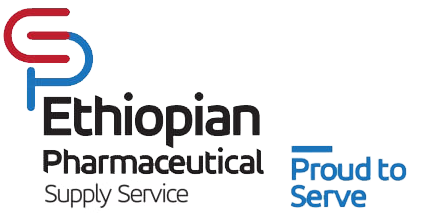Research team announces findings

The research team made up of 25 EPSA professionals that has been studying Business Process Transformation for the past three months has announced its findings in a meeting held on April 16, 2019.
The team has announced that the directorates in the Agency follow work procedures that do not add value and involve numerous relays of paper work.
The researchers stated: “285 of the 400 activities identified in the head office have 71% relay of paper work.
The research finding has shown that 60% of the 163 activities identified in Adama branch involve numerous relays of paper work.
The research has shown that 65% of the 1,078 activities identified in contract management, warehousing, distribution and quality control directorates involve change of hand/relay of paper work.
The research findings also show that 56% of the identified 750 activities in finance work process involve relay of paper work.
67% of the identified activities in human resources directorate and 31% of those in capacity building directorate have also been categorized as involving paper work relay by the research.
The researchers also pointed out that 74% of the activities in the procurement and forecasting directorate can be automated.
The researchers raised procedural problems of undertaking work as major problems associated with the timely delivery of medical equipment to health institutions and tipped the research as a gateway to better service delivery and modernization of work.
The researchers have urged for a stop to relay of paper work where one goes through work undertaken by another without adding value to it. The research, accordingly, identified the activities that add value and those that don’t; it also identified the activities with long work processes.
Director General of EPSA, Dr. Loko Abraham, noted that automation would shorten work procedures by 45 to 46 percent, pointing out that the move would help deliver pharmaceuticals to the people in a considerably shorter time.
He remarked that shorter work procedures mean shorter time to process and thus more efficient pharmaceuticals distribution.
That in turn, he went on to explain, would provide the Agency with the chance to deliver pharmaceuticals to hospitals and health institutions rapidly in addition to ensuring better price for the society.
The Director General pointed out that the next step is to start implementing the research.

i hope it is a good news ,go ahead for application.